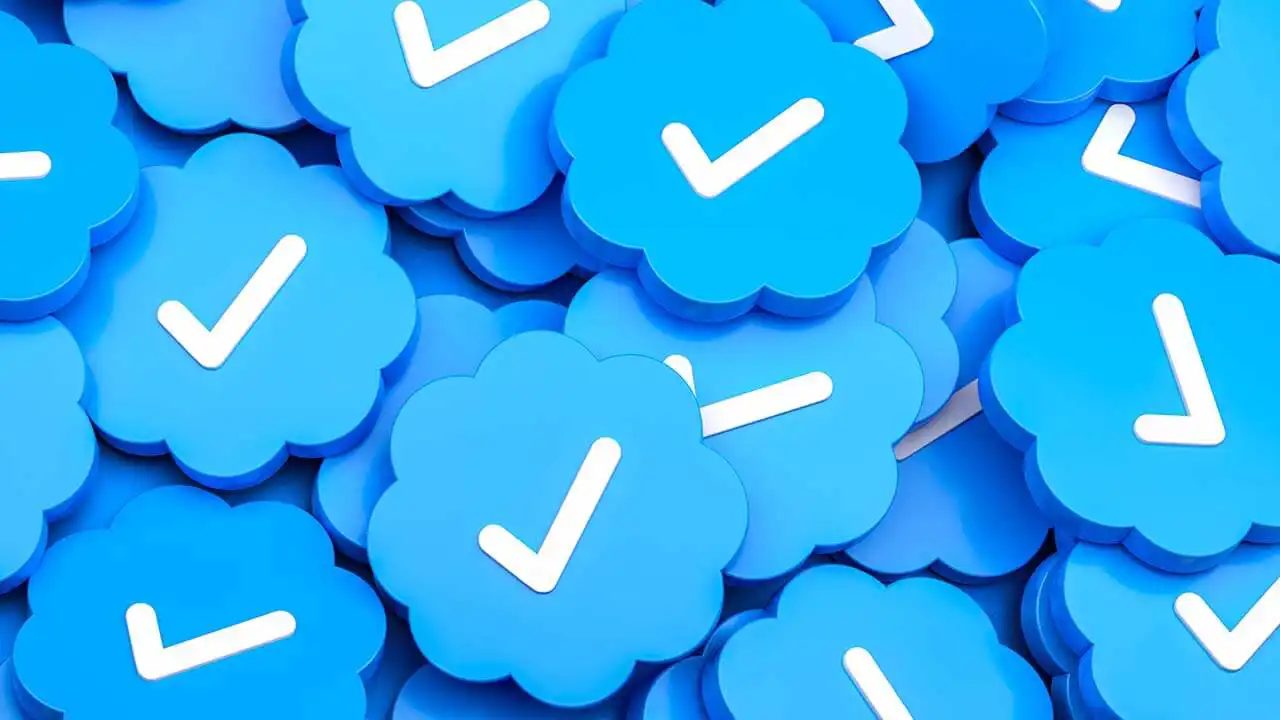Social equity advocates in Missouri are questioning the validity of numerous ZIP codes submitted by law enforcement that would qualify residents to apply for cannabis microbusiness licenses.
Leaders of the local and state NAACP are criticizing the inclusion of several ZIP codes that encompass government buildings, post office boxes and affluent suburbs, while omitting several others primarily in north St. Louis, where roughly half the city’s Black population resides.
The microbusiness licenses were designed to allow “marginalized or under-represented individuals to participate in the legal marijuana market,” according to an April news release issued by the Missouri Department of Health and Senior Services (DHSS), the state’s cannabis regulator.
Adolphus Pruitt, president of the St. Louis City NAACP, told the Missouri Independent he was shocked to see certain ZIP codes, such as suburban Clayton, included among the areas deemed with historic high rates of incarceration or arrests for low-level marijuana-related offenses.
“There is no way in the world the people in Clayton have been arrested more than the people who live in North St. Louis,” he told the newspaper.
“It’s impossible.”
The list of eligible ZIP codes was provided by the Missouri State Highway Patrol, the publication reported.
Missouri plans to license an initial round of 48 cannabis microbusinesses via a lottery in October.
The initial framework of Missouri’s adult-use cannabis program drew criticism St. Louis Mayor Tishaura Jones, the Missouri NAACP and the Missouri Democratic party for its limited-license, vertically integrated structure that essentially allowed the state’s nearly 200 medical marijuana retailers to enter the expanded market at launch.
The detractors cited the law’s potential negative impact on minorities, people of color, and low-income residents.
The Midwestern market, which launched recreational sales on Feb. 3, is off to a sizzling start and on pace to break $1 billion in sales in its first full year.
Like many other markets during the rollout of recreational retail, strong demand from medical marijuana patients as well as local and out-of-state consumers has resulted in product shortages and an early spike in wholesale prices.




